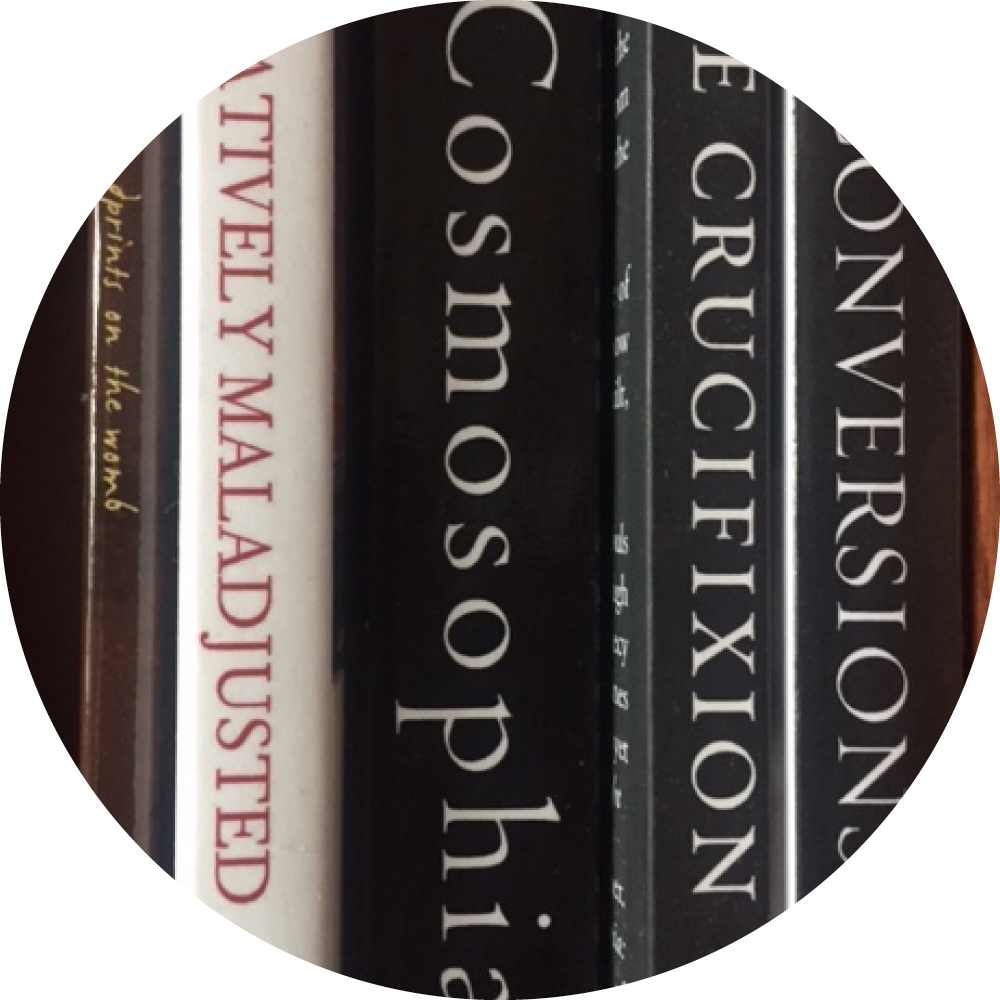Poetics & the Crisis
of this Moment
Three Poets
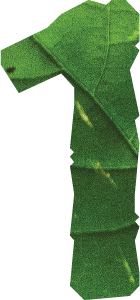
This is a moment of transformation and of crisis, of despair and possibility. In a word, ours is an age of apocalypse.
The movements that have seized our streets and spread throughout the world, sparked by the murder of George Floyd at the hands of a police officer, have been the product of many factors – racism, economic injustice, climate crisis, the rise of fascism. From the rainforests to the police cars in our streets, the world is on fire.
But we must remember that apocalypse means “unveiling”. Yes, it is a time of unraveling and destruction, but also of emergence. Historically, the apocalyptic tradition emerged during a period in which the Israelites could no longer, in their mythic imagination, conceive of a transformation within the realm of politics and history. So, the prophetic gave way to the apocalyptic. A total transformation of the order of the universe was required.
This was rooted in particular geopolitical circumstances – the power of the Romans; the economic marginalization of the Palestinian peasantry – but most significant were the cultural circumstances. Hellenistic culture was overtaking the traditional Israelite ways. The old stories no longer applied. And this was experienced as a world falling apart.
An apocalypse, therefore, is in part a crisis of language. It is a time for new stories to emerge as the old stories unravel.
Our world today is indeed falling apart, too. We have a choice to make. Shall we cling to the old stories and descend in to fascism? Or can we find new stories, new words to bring forth a new world? But the latter isn’t easy. It is precisely because we do not know what the future holds that makes this so challenging. We lack the language for this new world that we are hoping to bring forth.
The role of the poet is to bring forth new worlds with new words. Only a small part of this work is what happens when pen meets paper. The real work is when one encounters the world in novel ways, with the playfulness of a child; when one experiences the texture of the world, its depth and subjectivity; and when one risks falling in love with the world, flawed and sorrowful as it is.
“Lie Like Good Parents Do”
When you came downstairs
Because the shots woke you
And you asked
Was it the gun people?
What do they look like?
You asked
The people with the guns?
I lied to you
Like good parents do
Told you it’ll be ok
that you’ll be safe
told you that I’m strong
& I’ll protect you
I told you that the world,
Although it’s sometimes scary,
Is a good place
I lied
Like good parents do
So we both could at least sleep
That night
– Theodore Richards
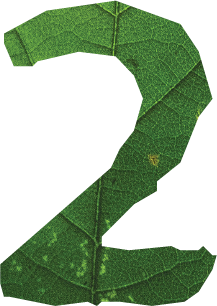
Stéphane Mallarmé, a 19th century French poet, wrote that “poetry is the language of a state of crisis”. The word crisis is a Latinized form of the Greek word krisis, meaning the “turning point in a disease”. Specifically, it is that moment when a disease could get better or worse. Crisis is thus a critical moment of potential change, the pivot point between what was and what could be. From a mythopoetic perspective, crisis is the archetypal instigator in transcendent stories of human adventure, specifically stories in which the heroine or hero must undertake a physically and psychologically arduous, high risk quest to accomplish a task that is in service of something greater than themselves; a self-less task for the betterment of humanity. Typically, at the time of embarkation, the journey is unanticipated, unwelcomed, and its purpose is unknown.
In his book, The Hero with a Thousand Faces, mythologist Joseph Campbell refers to these crisis-driven adventures as the Hero’s Journey – simply put, a process of departure, initiation, and return in which the return is actually arrival at the beginning of a new way of life, a new world. From the perspective of traditional cultures, these stories narrate human rites-of-passage, the sacred process of transitioning from adolescence to maturity, adulthood. From a Jungian psychology perspective, they represent the process of soul initiation in which the ego (mutable conscious mind) becomes a practical ally of the soul (the immutable, authentic self) to animate a person’s life mission.
In Greek mythology, crisis is the hand of Hades abducting Persephone, dragging her into the Underworld to become his wife. In Sumerian legend, Inna descends into Kur with the intent of conquering her sister’s domain but a twist of fate forces her to comply with the fatal consequences of hubris. In modernity, crisis is what sent Indiana Jones into the depths and darkness to face a legion of entombed snakes – the embodiment of his fears. It is what called upon Frodo to depart the pleasantries of Shire and take a torturous six-month expedition across Middle-Earth in order to pitch the One Ring into the fires of Mordor’s chasm.
Crisis is thus the great initiator of human and humanity – or, at least, it has that potential. So, then, how is poetry a language of crisis? The ego communicates through linear, rational thought. In contrast and complement, the soul speaks through image, sound, feeling, and metaphor – poetic essentials. Poetry, therefore, has the potential to give voice to the soul at personal and the transpersonal levels – speaking to and on behalf of the soul of the world, our collective and immutable essence.
Soul-centric poetry, when doing its work in the world, aligns with the positive intent of crisis. If we lean into it poetic verse, surrender to it, the uncomfortable edges of the words and phrases do their initiatory work on us and with us. Soul-centric poetry demands a courageous vulnerability of the poet and of the reader – the experiencer. Courageous vulnerability is the potency that crisis needs to offer up a turning point.
Whether or not humanity’s current societal crises, current dis-ease, will get better or worse depends on our willingness to be in service of something greater than ourselves. Though the ages, every story of human potential suggests that the outcome will be a matter of poetic justice.
“Poetic Justice”
On the day of the darkening
sun, a great voice shall
rise within you,
crying out:
Now!
Now!
Put down your weapons
and take up the battle
to satisfy your untended soul!
Oh god. Oh goddess.
It’s time to come to terms
with the terribly honest thing
to which you are willing
to sacrifice yourself.
It will be a never before
seen thing because
you have been avoiding
it all your life.
It’ll be dangerous,
and beautiful,
alluring and
terrifying.
Tread carefully,
because dependable things
are about to fall apart.
Be mind full.
The words you are about
to unleash are enlivened
and will resist your
efforts to tame them.
Listen up!
The great questions
are the force to be
reckoned with:
Whose child are you?
What have you born into this world?
What have you broken?
Who have you held in their brokenness?
What have you given permission to?
Who have you set free?
Who knows you as a great lover?
Why do you love?
That one is worth repeating:
Why do you love?
Answer truthfully.
Divest from ignorance!
Divest from arrogance!
You are not entitled
to any word other
than human.
To say the truth is strange,
is to admit that you are strangers.
To say the truth is cruel,
is to say that liberation is cruel.
You know what is right.
Do it!
That is being your best.
That is the only way.
Why else would this world
have invited you to be here?
As long as you are in good spirits,
you can trust in justice.
It is righteousness.
It is equity.
At its roots, by definition,
it is the sacred way.
Justice is the sacred way.
Why else would the poets
narrate such a seemingly
treacherous path?
So, yes, with these words
I pray that there may
soon come a day that,
by some twist of fate,
you find yourself knee-deep
in ash, praising the forces
of destruction.
That’ll be the day
you finally know that
you’ve been blessed.
There will be nothing
left to do, other than
to gather up the good
people and take them
with you.
– Jamie K. Reaser
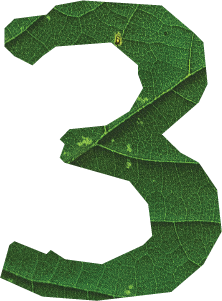
How do the poet’s words impact crisis? How do words and verse – rhymed or not, evenly lined or raggedy torn – help us cope in times of struggle? Some might argue that art is the privilege we can ill afford to partake of in such critical times. I would posit the opposite. The crisis now is simply exacerbated by other crisis. Bad is compounded by worse. From infections to micro- aggressions to fatal violence openly enacted on public streets to national trends denoting an entire race as an “at risk” status, how can words help?
I would argue, as many far greater before have, that silence is the much deeper sin. To not write or speak or yell or scream or paint or carve or sculpt or sing, is a dereliction of our duty as creators. This is a silver-plated lining in the dark cloud we must leverage against hopelessness and complacency. Social media is a megaphone that’s ready and waiting. Daily, hate is slung from a big house in a powerful place. Lives and fortunes rise and fall on single words misused and misspelled. We hang in the balance of idiocy. And so, if malformed thoughts spilled from one orange-tinted hand can tilt the earth on its socio-political axis, then we cannot sit on our brown or black or white or red or yellow hands to allow the polemics of ignorance and vanity to outpace the poetics of societal re-calibration towards justice and equity. For those of us who’ve been wrapped in crisis since the ships first anchored off Mid-Atlantic shore in 1619, thoughts and words are all we possess that cannot be chained or chatteled or sold away. In the tradition of a disenfranchised people seeking simple connection free of bias and persecution, I have the responsibility to speak out as loudly as I can to work towards undermining the crisis where I might.
Some of us are fated to the virulence of American racism by dark skin. Others are privileged with the immunity of whiteness. In either case, of those afflicted and aggrieved, or of those unhampered and free to achieve, there is the necessary action of thinking and feeling given over to voice – written and spoken. Silence will be the choice that kills us all doornail dead as surely as any “germ” or choke-holding assault. It is acquiescent suicide; a deadly gun mortally aimed.
Words offer a singularity of immediate action that can be as powerful as protest. That must be the potency in our poetics now; to use the tools lain in front of us to be irrepressibly loud. To be boisterous. To be bold. To tell our stories however we can. To not wait on the privilege of glossy publication and peer review. Update status. Post pictures. Tweet against the bombastic stream. To speak in whatever way we can some daily truth artfully expressed is micro-rebellion pushed hard against the machine. That work we do then is as essential as clean water; as necessary as unfettered breath. Write now. Right now.
“Virally Black”
COVID 19 is just another
crisis in a series
of crises visited upon those of us with ethnic precondition.
Black or brown skin is license for societal infection
The pestilence of injustices heaped upon bias
We die
by acute police brutality; arrest trial and execution by suspicion where we stand;
by denial of basic rights, by lack of clean water to drink; starving in food deserts
living on the wrong side of the tracks in a right wing test tube
– we are the lab rats poked, prodded
given lethal doses of prejudice
James Baldwin said that Negroes should be pissed off at the persistent struggle
I agree,
We are to the nation we helped build
mostly a disease.
Socially distanced now for some 400 years;
quarantined in separate and unequal boxes
with blankets leftover from the Native purge.
We adapted. Had to.
We vaccinated and immunized ourselves
with strength and resilience and somehow survived all the outbreaks of dark middle passage holds,
chains, whips, rape, castration, maiming, murder, lynching ropes
votes discounted, lives choked out
promise thrown away. Communities red lined and power gerrymandered.
Now this.
More than two hundred thousand in body bags or in the ground. Too many moldering
Ignorance.
We die in multiples as whiteness suffers in singles,
no less saddened in the losses, they add by fingers as our numbers roll past digits on hands and feet, already missing pieces chopped off because of sugar diabetes.
Diagnosed with living while black,
it’s a chronic condition
Yes, I’ll stay at home
First to not infect someone else with myself,
but then to not be shot down in the street by some vigilante A’merican seeing me as the more dangerous threat.
The rising seas will drown us first
if the pandemic of hate doesn’t win the race.
You see, the crisis for some of us is cast
in historic stone. Indelibly inked into who we are by the color of our skin.
It is not one viral outbreak.
It is daily more than most ever calculate.
More than the talking heads can read
or the bottom of the screen tickler can scroll.
Life is the immediate thing. An equal chance at living it, is all we ask.
Trouble comes for everyone, late or that right soon. For some it visits and sits down to stay
Then crisis is no longer something to think of as disrupting normal.
It is normal.
– J. Drew Lanham, PhD
About The Authors
Theodore Richards
Theodore Richards is the founder of The Chicago Wisdom Project, editor of the online magazine Re-imagining: Education, Culture, World, and a board member of Homebound Publications. His work is dedicated to re-imagining education and creating new narratives about our place in the world. He has received degrees from various institutions, including the University of Chicago and The California Institute of Integral Studies, but has learned just as much studying the martial art of Bagua; teaching in various settings and students; and as a traveler from the Far East to the Middle East, from southern Africa to the South Pacific. He is the author of seven books and numerous literary awards, including two Nautilus Book Awards and three Independent Publisher Awards. His most recent book is A Letter to My Daughters: Remembering the Lost Dimension & the Texture of Life, winner of the Independent Publisher Awards Gold medal in memoir. He lives on the south side of Chicago with his wife and three daughters. You can find more information on his website, www.theodorerichards.com.
Jamie K. Reaser
Jamie K. Reaser has a passion for bringing people into their hearts, inspiring the heartbeat of community, and, ultimately, empowering people to live with a heart-felt dedication to Mother Earth. She has worked around the world as a conservation ecologist, environmental negotiator, communication psychologist, and wilderness rites-of-passage guide. Her award-winning writing explores the inter-relatedness of Nature and human nature. She has published 12 books and over a hundred articles in scientific and literary magazines. Earlier this year, RidgeLines: A View of Nature and Human Nature received a Nautilus Book Award gold medal in lyrical prose and Conversations with Mary: Words of Attention and Devotion received a Nautilus Book Award silver medal in poetry. Previously, she was honored as a USA Best Book Awards Finalist and as a recipient of multiple Pushcart Prize nominations. She is a Fellow of the International League of Conservation Writers.
J. Drew Lanham, PhD
J. Drew Lanham, PhD, is an Alumni Distinguished Professor of Cultural and Conservation Ecology at Clemson University. His teaching, research and outreach addresses the confluence of race, place and nature. Drew is the Poet Laureate of Edgefield County, SC and author of Sparrow Envy – A Field Guide to Birds and Lesser Beasts (Hub City 2021) and The Home Place – Memoirs of a Colored Man’s Love Affair with Nature (Milkweed 2016/Tantor Audio 2018). His memoir is a winner of the Reed Environmental Writing Award from the Southern Environmental Law Center. The book won a Southern Book prize and was named memoir and scholarly book of the decade (Lithub/Chronicle of Higher Education). His essay, “Forever Gone”, a treatise on extinction and racism, was named an American Best Essay in 2018 by Rebecca Solnit. Dr. Lanham’s creative work appears widely in print and online as essays and spoken word. He is a lifelong bird watcher and hunter conservationist living in Seneca, South Carolina.
Re-sources
Re-Imagining Education
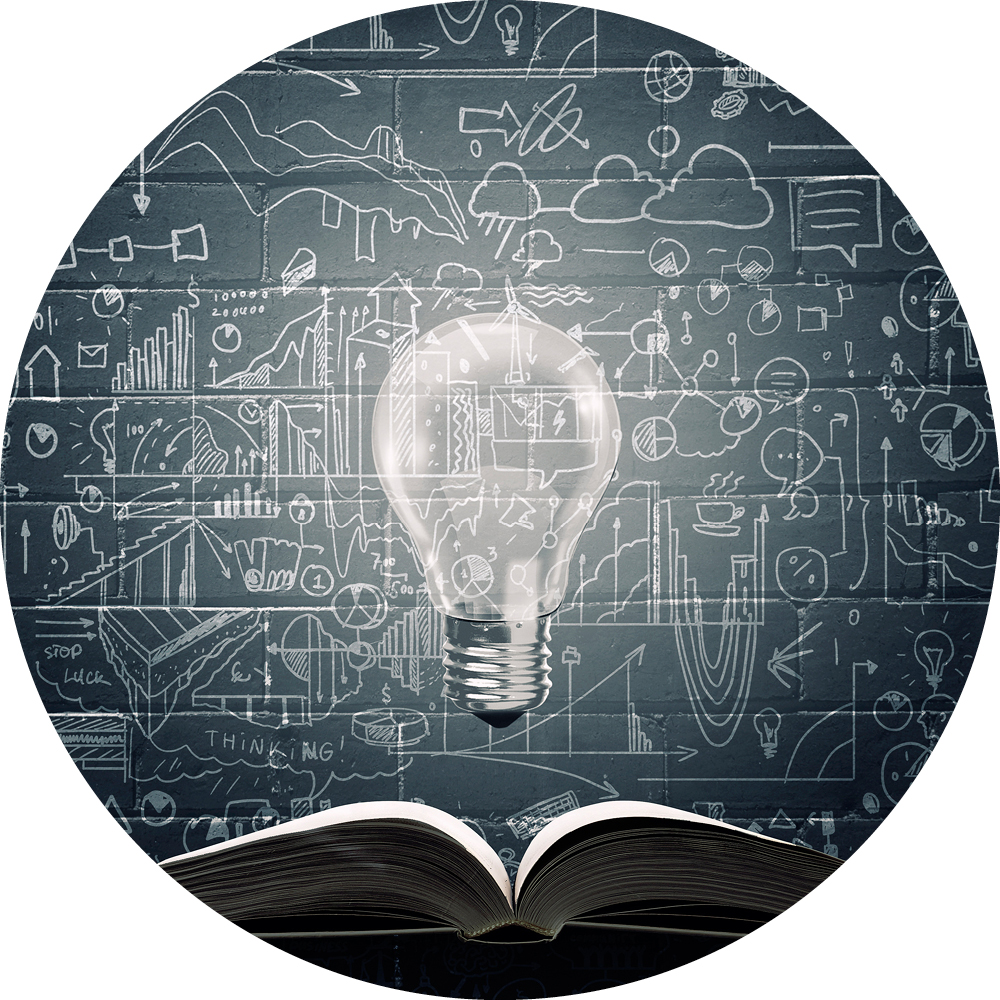
Empowering educators to take a deeper look at the stories told in our schools and to re-imagine them in transformative and
nurturing learning spaces.
Learning Opportunities
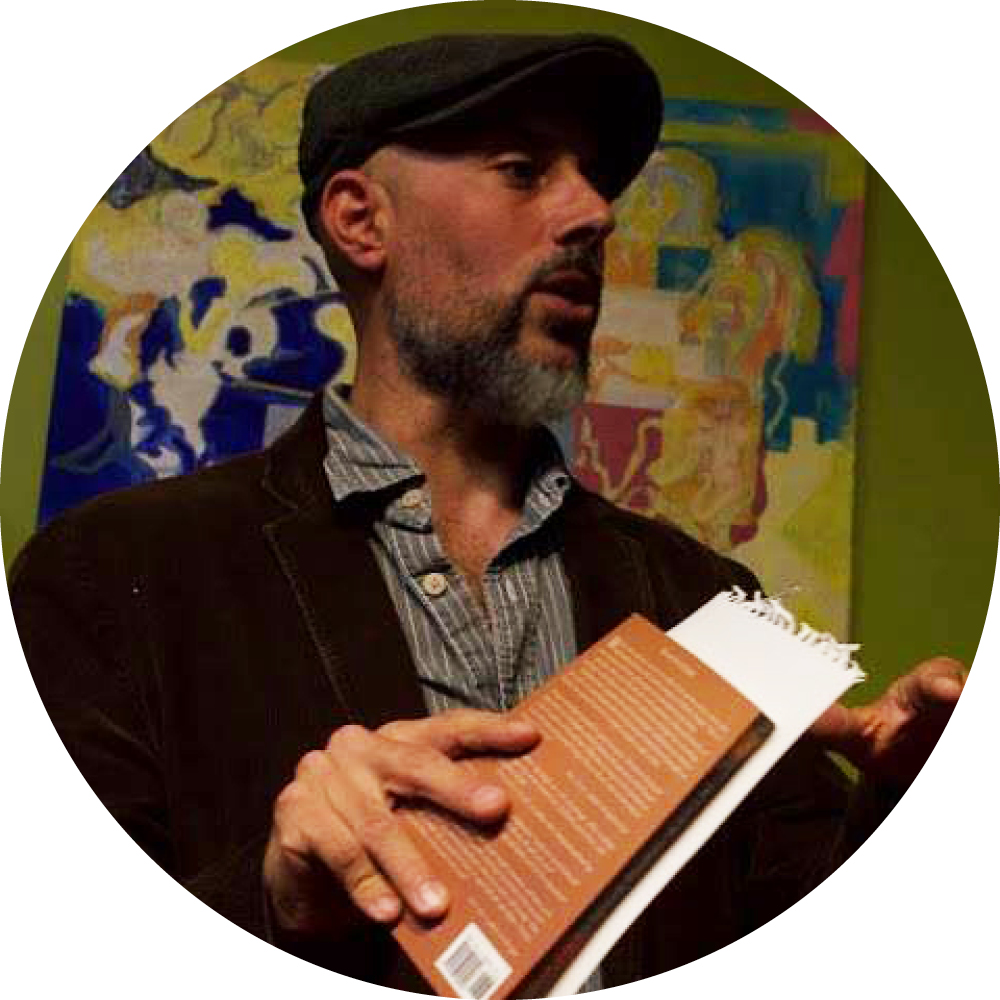
Classes, workshops, and lectures that help to empower people to re-imagine who they are and their place in the world.
Get Involved
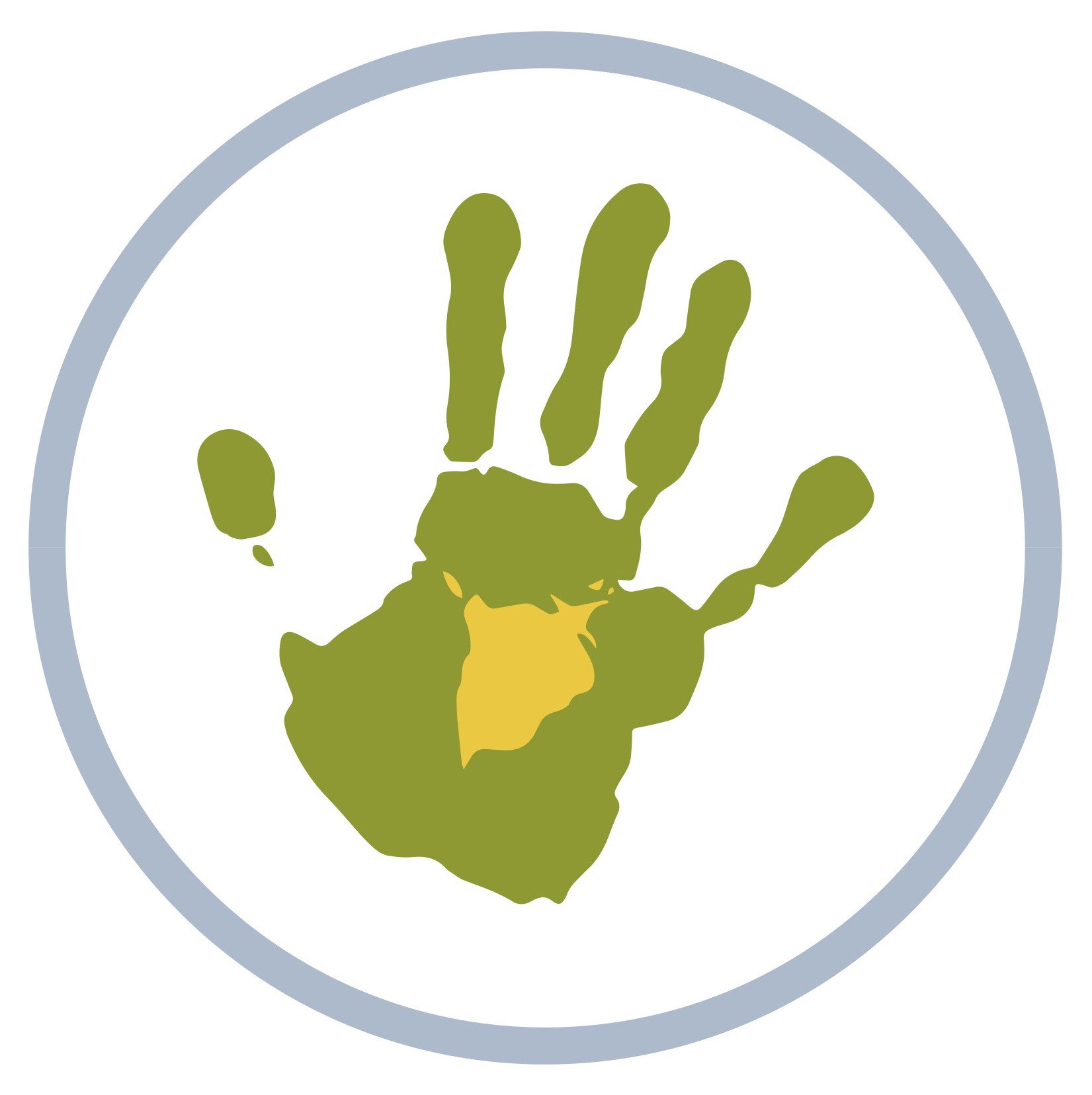
Help the Chicago Wisdom Project realize its mission to re-imagine education through holistic programming that transforms individual, community and world through creative expression.
